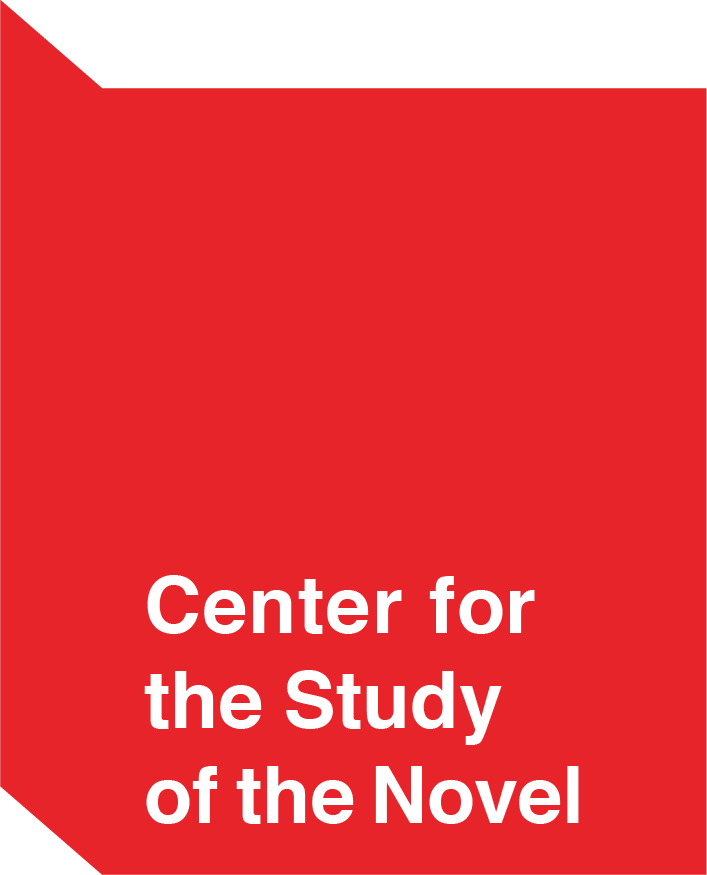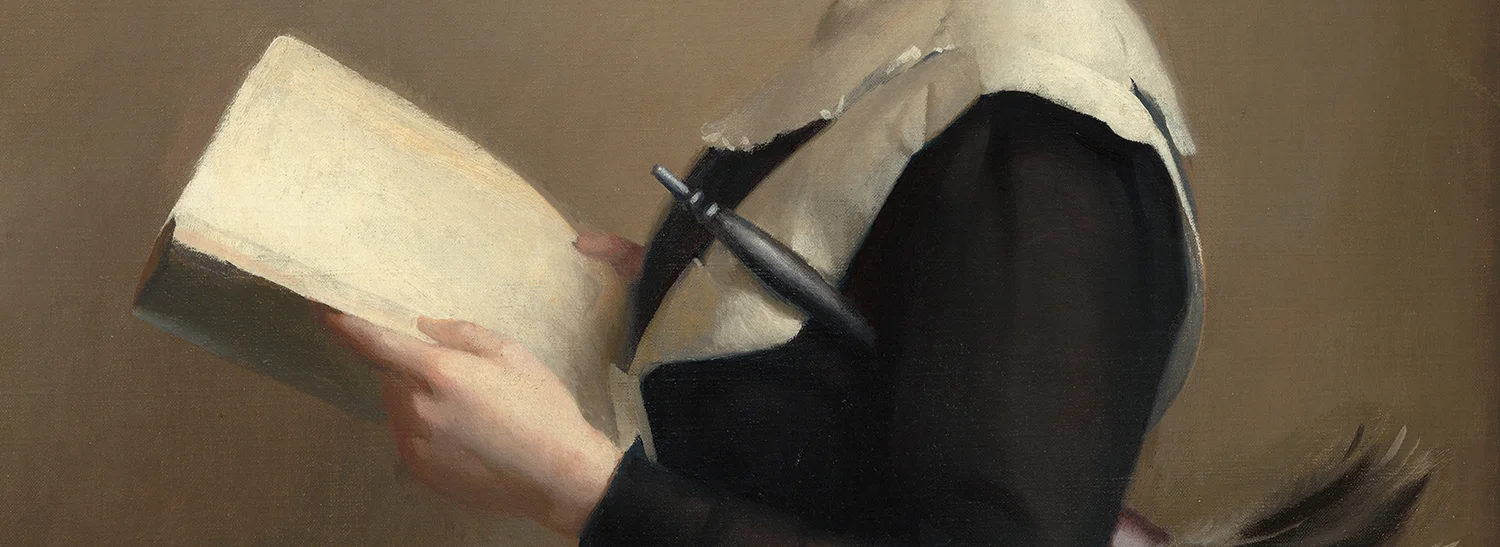Respondent: Ardel Haefele-Thomas, Professor and chair of LGBT Studies at CCSF
Paper abstract
Drawing from queer theory – in particular, Halberstam’s queer time and Muñoz’s utopian futurity – this paper discusses the dichotomous interplay between Freemasonry and domestic life as presented in two late nineteenth-century Russian novels: Lev Nikolaevich Tolstoy’s War and Peace (1869) and Aleksei Feofilaktovich Pisemskii’s lesser-known Masons (1880). Although they are, as it would seem, the only two Russian works from their time to explicitly feature Freemason rituals and principles, to date there has been no large-scale, systematic comparison of those texts. In an effort to amend that, I focus on their depictions of ritualized entries into the two aforementioned institutions –initiations (Freemasonry) and marriages (domesticity) – with particular attention to participants’ bodies and genders. I find that the novels’ literary Freemasonry – through its capacity to forge distinct communities and subjects – represents a space which 1) nurtures deviations from socially-enforced gender attributes and linear benchmarks (e.g. marriage, child-rearing) and instead 2) lets characters galvanize, develop, and embody distilled versions of themselves outside such frameworks. Tolstoy’s Pierre Bezukhov and Pisemskii’s Susana Nikolaevna both enter Freemasonry after experiencing disruptions in the domestic sphere. Tolstoy places the former strictly outside the latter, whereas Pisemskii and his female, Freemason protagonist collapse the two; despite those differences, in both authors’ works, Freemasonry nonetheless emerges as a site with queer potential in its suspension and/or subversion of the primacy – and telos – of the domestic.

